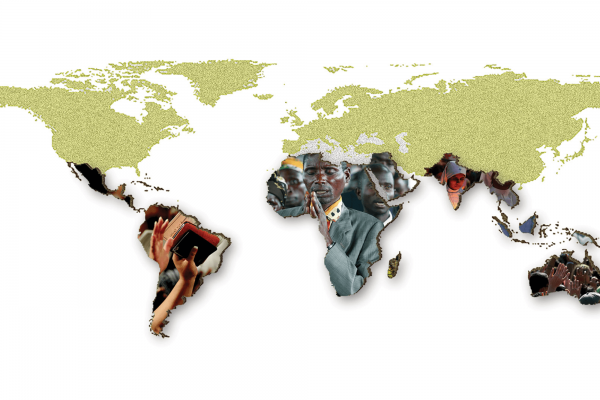MOST AMERICAN CHRISTIANS likely don’t know the degree to which the center of gravity of Christianity has shifted from the West to the global South. This reality has failed to penetrate the consciousness of most Christians in the U.S.—and our ecclesial imagination would be transformed if it did.
In the early years of Christianity, Paul wrote to what had already become a global church stretched across the vast reaches of the Roman Empire, from Rome to Corinth to Ephesus to Philippi and beyond. Paul’s epistles demonstrate his clear conviction that the health of the church in one place impacts the health of the church elsewhere or, as he puts it so poetically in 1 Corinthians 12, if one part of the body suffers, then all parts suffer with it.
Read the Full Article

